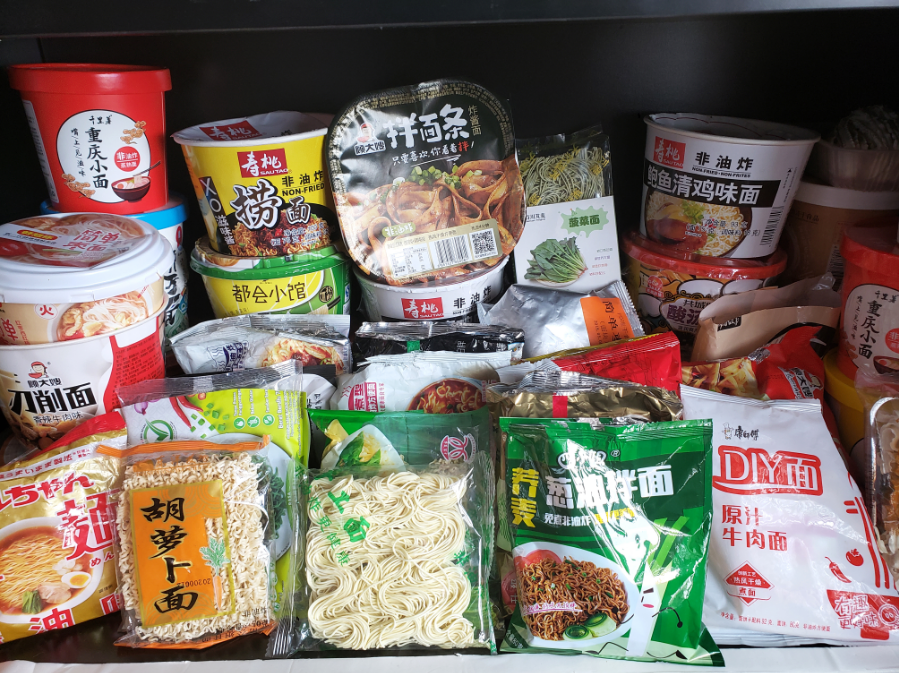The effect of salt on noodles
Effect of salt on noodle making process
Gluten, salt can convergence and add salt water, sodium and chloride ions are distributed around the flour protein, have strong spray effect, promotes protein water absorption, and the protein will swell, more closely interconnected, thereby enhancing the viscoelastic property of wet gluten and stretchability, improve process performance and the dough and improve the quality of noodles of potential.
Salt has strong osmosis
When kneading, the flour can absorb water quickly and evenly, making the dough mature quickly and increasing the amount of dough.
Salt has a moisturizing effect
Since salt lowers the surface pressure of the water, it has a moisturizing effect and can reduce the moisture loss of the dough and dough.
Increase the elasticity and stretch of the dough
Salt can enhance the elasticity and tensile properties of wet gluten, thus reducing the wet breaking rate of noodles and improving the yield.
Good for water diffusion
The penetration capacity of salt water is greater than that of clean water, and the internal water of wet noodles is easy to penetrate to the surface, which is conducive to the evaporation and diffusion of water, and is not easy to cause the adhesion on the surface of noodles.
Inhibit the growth of miscellaneous bacteria and enzyme activity
Salt, to some extent, inhibits the growth of some bacteria and the activity of enzymes. It not only inhibits the activity of amylase in flour, but also inhibits the activity of protease, which can prevent dough from souring quickly in hot weather.
Method and amount of salt
The amount of salt added must vary according to the variety of noodles. The salt rate for making ordinary noodles is between 1% and 3% of the weight of wheat flour, while the salt rate for making ramen is between 5% and 8%. Excessive salt will reduce the elasticity and stretching of the dough. In the rainy season in the south, if excessive salt is added, the noodles will become damp and sticky, which will affect the subsequent consumption. In addition, salt rate should be adjusted according to different seasons. The principle of adjustment is "moderate spring and autumn, more summer and less winter".




